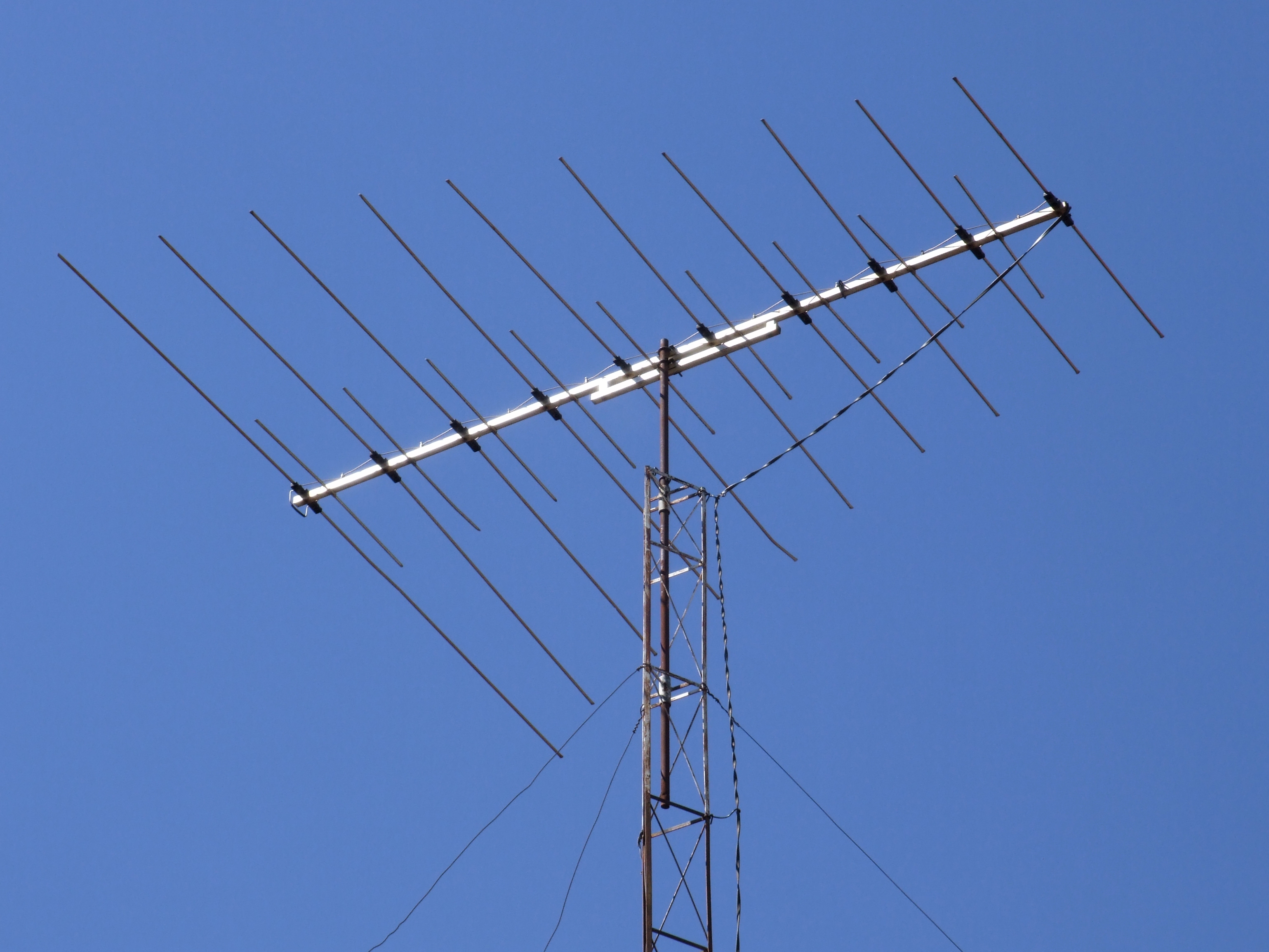Wireless broadband over TV gets second chance
US checks new 'white space' device from Microsoft & chums

The US Federal Communications Commission (FCC) has begun a second phase of testing for 'white space' broadband devices that can take advantage of the so-called white space spectrum between TV channels.
As part of the switchover to digital terrestrial television (DTT), these white spaces would remain unused. A consortium of interested parties known as the Wireless Innovation Alliance (WIA) - which includes Microsoft,
and
- hopes to use these white spaces to deliver wireless broadband into people's homes.
However the body that represents US TV broadcasters - NAB - opposes the plans, claiming that any device will cause interference and result in reduced picture quality for TV viewers.
Get daily insight, inspiration and deals in your inbox
Sign up for breaking news, reviews, opinion, top tech deals, and more.
NAB's concerns are not unwarranted. The first white space device the FCC received for testing really did interfere with TV signals, which is why the WIA has had to submit a second version now.
White space broadband UK-bound?
It'll be interesting to see how well the testing goes. If the WIA can make a white space device that delivers wireless broadband but doesn't mess with TV signals, then it could prove hard to resist.
UK telecoms and broadcasting regulator Ofcom announced its tacit approval for similar technology in its Digital Dividend Review.
Ofcom says that radio cognitive technology "has the potential to support a wide range of uses, including high-speed always-on broadband". However it also warned that "licensed users" of the spectrum would also need to be protected.
The TechRadar hive mind. The Megazord. The Voltron. When our powers combine, we become 'TECHRADAR STAFF'. You'll usually see this author name when the entire team has collaborated on a project or an article, whether that's a run-down ranking of our favorite Marvel films, or a round-up of all the coolest things we've collectively seen at annual tech shows like CES and MWC. We are one.